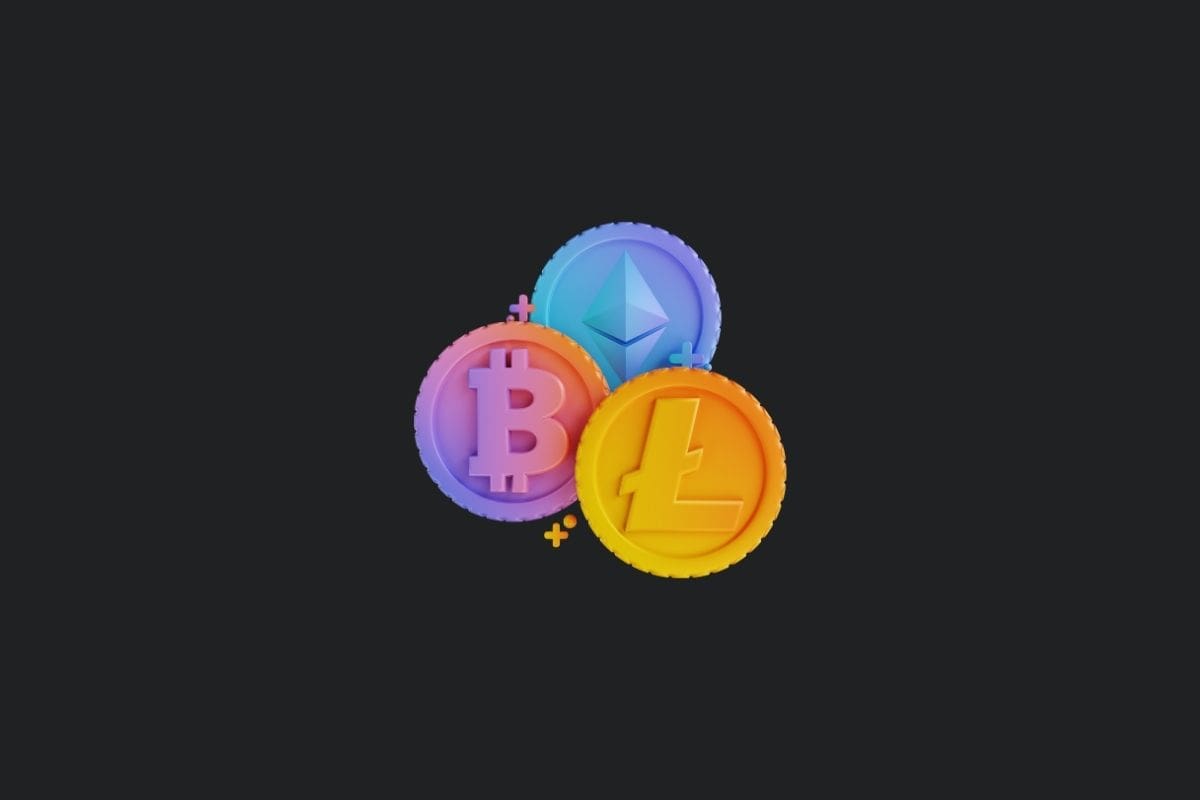In the rapidly evolving landscape of blockchain technology, Decentralized Autonomous Organizations (DAOs) represent a groundbreaking shift in how organizations can be structured and operated.
This article explores the concept of DAOs, their various forms, functions, and the revolutionary impact they have in fostering a new paradigm of organizational governance.
What is a DAO?
A DAO, or Decentralized Autonomous Organization, is an organization represented by rules encoded as a computer program that is transparent, controlled by the organization members, and not influenced by a central government.
DAOs are a form of smart contract on the blockchain, where collective decision-making processes are conducted in a transparent, secure, and decentralized manner.
Types of DAOs
- Investment DAOs: These focus on pooling funds from members to invest in projects collectively.
- Service DAOs: These are formed to provide services in exchange for payment, often using a collaborative approach.
- Philanthropic DAOs: Aimed at supporting charitable causes, these DAOs allow for transparent, community-driven fund allocation.
- Social DAOs: Focused on building communities and social networks with common interests or goals.
- Protocol DAOs: These manage and govern specific blockchain protocols or platforms.
Purposes and Benefits of DAOs
- Decentralized Governance: DAOs eliminate central points of control, making them immune to the biases and risks associated with traditional centralized governance.
- Increased Transparency: All decisions and transactions are recorded on the blockchain, ensuring transparency and auditability.
- Global Participation: DAOs allow for global collaboration and participation, unhindered by geographical or political boundaries.
- Automated Efficiency: Leveraging smart contracts, DAOs can automate various processes, reducing the need for intermediaries and increasing efficiency.
How DAOs Function
DAOs operate on the principles of consensus, where decisions are made based on the collective agreement of its members.
Token holders typically have voting rights, which are often proportional to their token holdings. Proposals are made within the DAO, and members vote to reach a decision.
Challenges and Future of DAOs
Despite their potential, DAOs face challenges such as legal recognition, regulatory concerns, and security vulnerabilities. As the technology matures, it’s expected that more robust and sophisticated DAO frameworks will emerge, addressing these challenges and expanding the use cases of DAOs.
DAOs represent a transformative approach to organizational governance, harnessing the power of blockchain technology to create transparent, efficient, and democratic systems.
They offer exciting opportunities for collaboration, investment, and community building in a decentralized framework. As the blockchain space continues to evolve, DAOs are poised to play a significant role in shaping the future of decentralized governance and collaboration.
